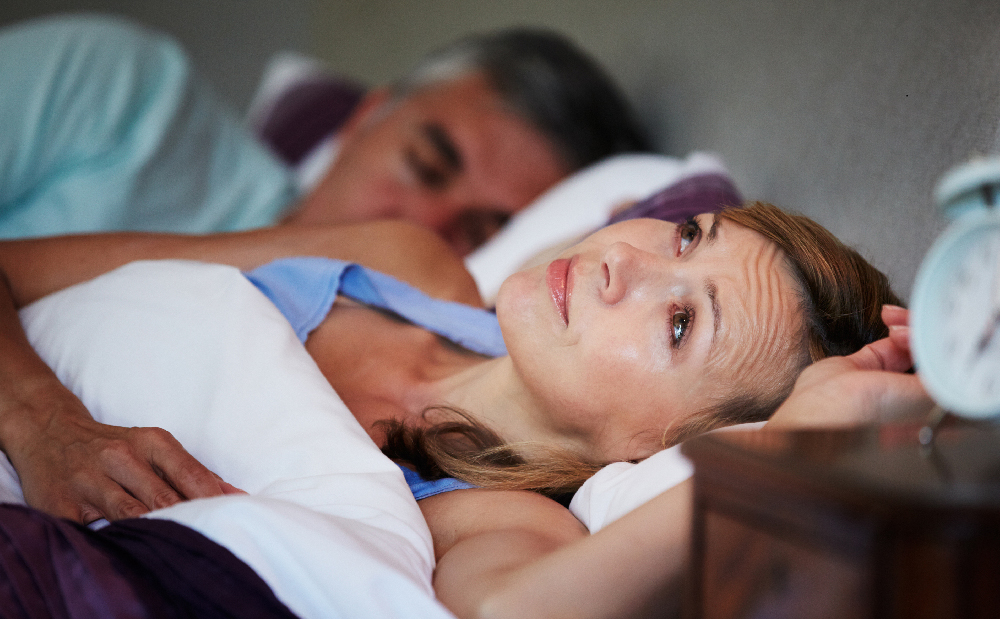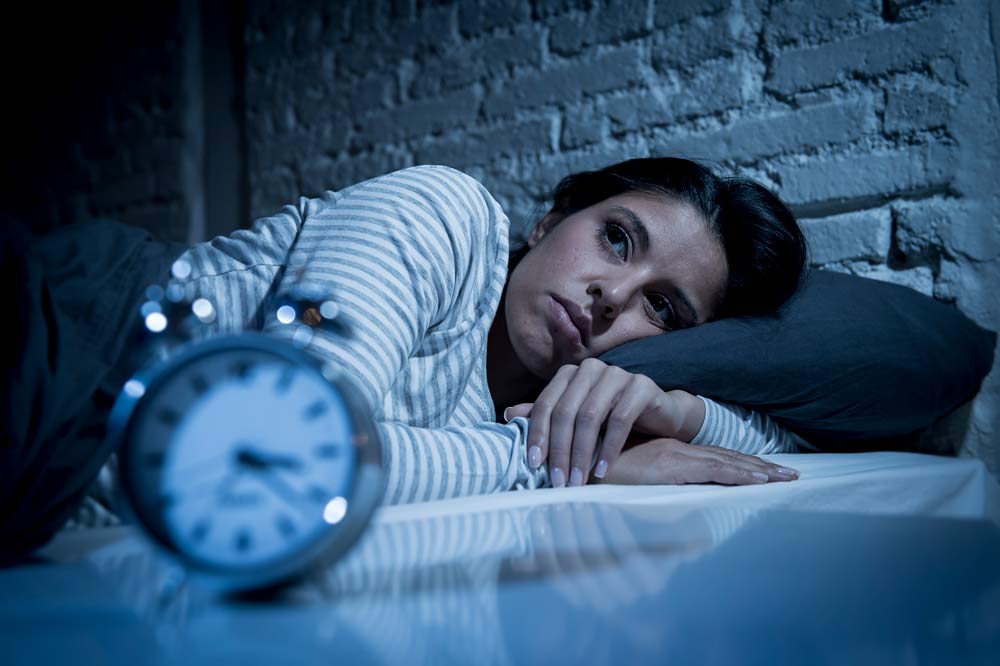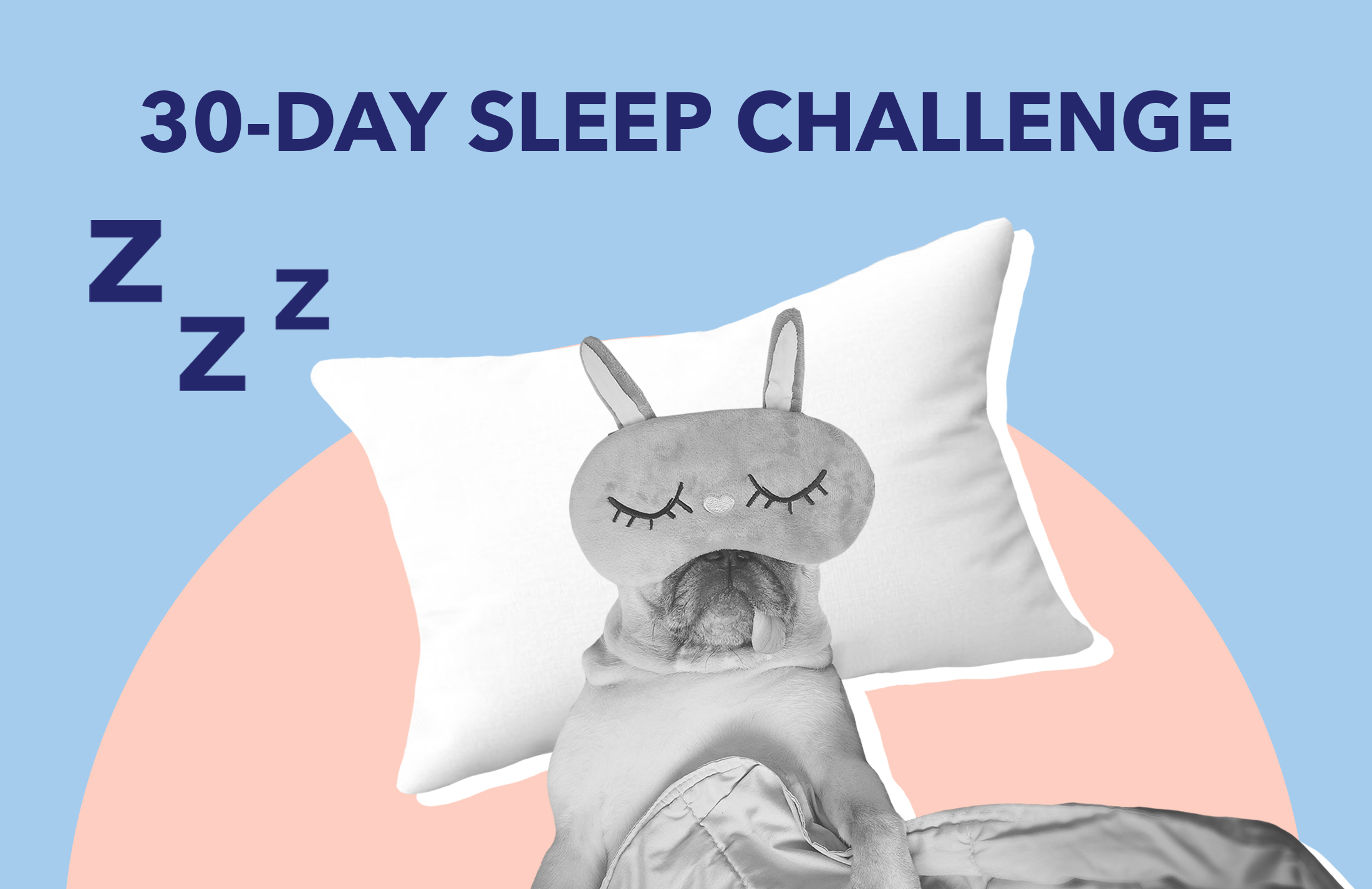
Every once in a while, you might have a burning desire to sneak down into your kitchen in the middle of the night and get yourself a little midnight snack. Doing this every once in a while is pretty harmless, and honestly pretty fun. However, what happens when you start eating in your sleep, in a way that you can’t control?
Some people find themselves eating uncontrollably while they are sleeping, and this can be pretty disorienting and upsetting for those who experience this. Recently, CNN spoke to a woman named Jill (last name omitted due for anonymity purposes) who has a sleep-related eating disorder, about her experience.
Jill told CNN, “I can’t even tell you how sick you feel. You’ve gotten up countless times during the night, so you’re not rested, and you’ve consumed enormous amounts of garbage food. Then you wake up and boom, you have to function the rest of the day.” (1)
Sleep-related eating disorder (SRED, or sleep eating) is one of many sleep disorders. SRED is a form of parasomnia (abnormal sleep behavior) characterized by eating while you are asleep. Someone who has a sleep-related eating disorder often won’t remember their eating when they wake up in the morning. (2)
Sleep-related eating disorder is a part of the same family of sleepwalking, sleep talking or sleep sex. Here’s everything you need to know about SREDs including symptoms, potential causes, and treatments.
What Are Sleep-Related Eating Disorders?
Dr. John Saito, a sleep physician and spokesperson for the American Academy of Sleep Medicine defines Sleep-Related Eating Disorders as a parasomnia “characterized by recurrent episodes of involuntary eating and drinking during the main sleep period. Individuals with SRED typically have partial or complete amnesia for the events and may not be fully conscious or aware of their actions while eating, even though these episodes can happen as often as every night.” (3)
What Are The Common Symptoms of Sleep-Related Eating Disorder?
Dr. Saito tells Sleepopolis that the common symptoms of SRED are “repeated episodes of “out-of-control” eating and drinking while asleep, causing them to eat strange forms or combinations of food or accidentally injure themselves by eating toxic substances, burning themselves or causing fires.” Dr. Saito elaborates that other symptoms could include declines in health, loss of appetite in the mornings, and insomnia caused by the eating episodes. (3)
What Causes Sleep-Related Eating Disorders?
Unfortunately, experts don’t know the exact cause of SRED. However, there are some other risk factors that can increase your chance of developing SRED. These include:
- Having other sleep disorders
- Not sleeping enough, or having a condition that disrupts or prevents sleep
- Have a family member or other close relative who sleep walks
- Having anxiety or depression
- Feelings of sleep deprivation during the day
- Having an eating disorder like anorexia nervosa or bulimia nervosa
- Taking medication to help you sleep, antidepressants, or antipsychotics (2)
How Do I Know If I Have a Sleep-Related Eating Disorder?
If you suspect that you have a SRED, then you should seek the advice of your doctor. Your doctor will be able to assess your symptoms and provide you with a diagnosis, or recommend you to a sleep specialist who will be able to help you find treatment.
Dr. Saito notes “SRED can also cause physical consequences such as unexplained weight gain, nutritional deficiencies or gastrointestinal issues, soindividuals who are experiencing these symptoms should talk to their medical provider who may refer them to the sleep team at an accredited sleep center for help. (3)
How Are Sleep-Related Eating Disorders Treated?
If your SRED is caused by the medicine you take, your doctor will probably recommend that you stop taking that medicine, and might even switch you to a different kind. If your SRED is caused by anxiety or depression, your doctor might prescribe you an SSRI to help treat your SRED. (2)
However, your doctor might also recommend several lifestyle changes to help manage your SRED. This includes practicing sleep hygiene, practicing stress management techniques during the day like meditation, or making the food you usually eat inaccessible with locks, or putting it somewhere you cannot reach it. (2)

Types of Insomnia — Causes and Treatments

30-Day Sleep Hygiene Plan

A Comprehensive Guide to Narcolepsy

Beating Postpartum Insomnia: Our Expert-Backed Tips
Sources
- Sandee LaMotte. The most devastating sleep disorder of all, according to an expert. CNN. Updated July 8, 2024. Accessed July 10, 2024. https://www.cnn.com/2024/07/08/health/sleep-eating-disorder-wellness/index.html
- Sleep-related eating disorders. Cleveland Clinic. Last reviewed September 16, 2021. Accessed July 10, 2024. https://my.clevelandclinic.org/health/diseases/21730-sleep-related-eating-disorders#symptoms-and-causes
- John Saito. Personal Interview. July 24, 2024.